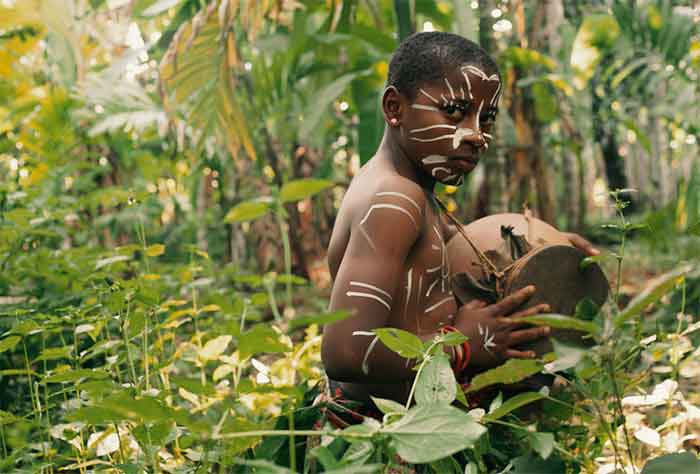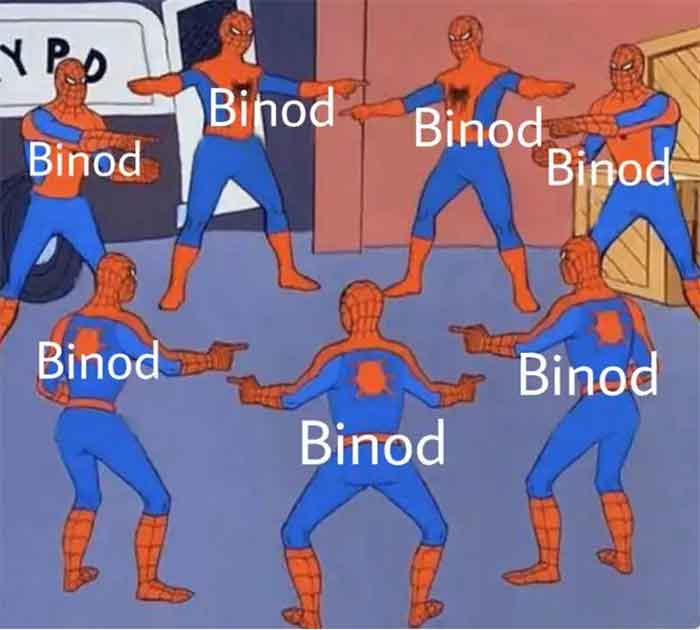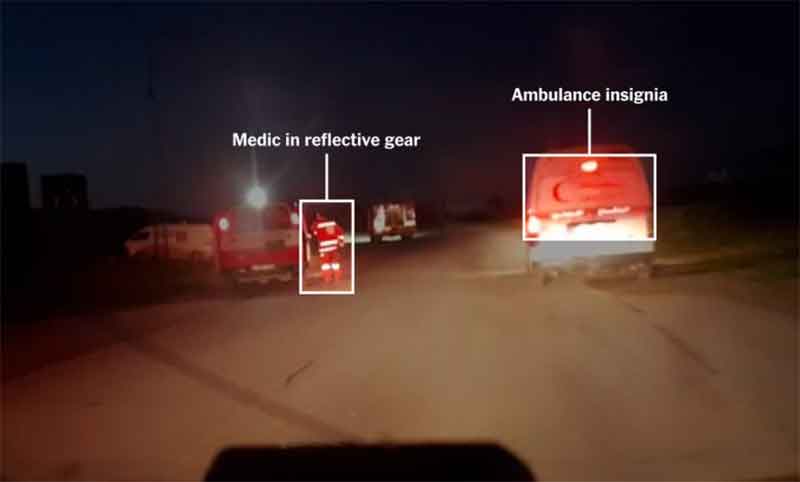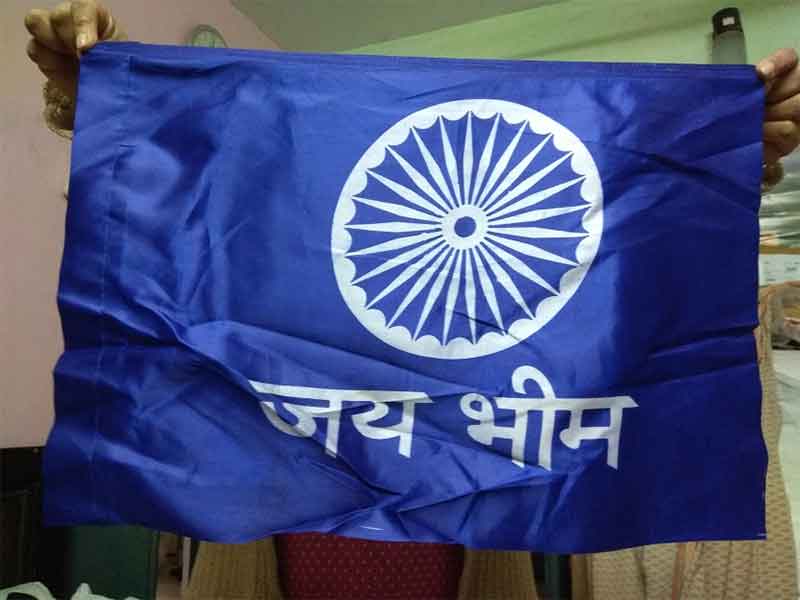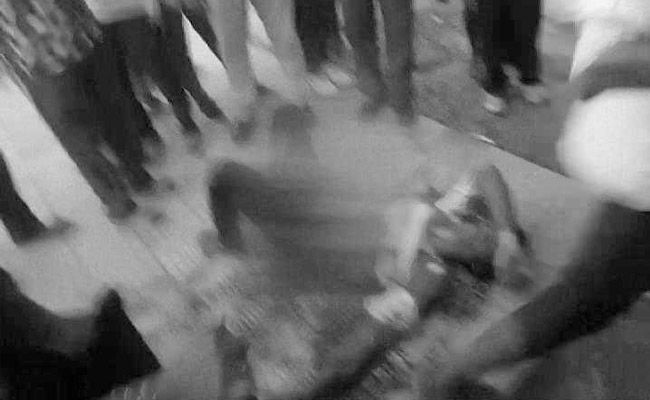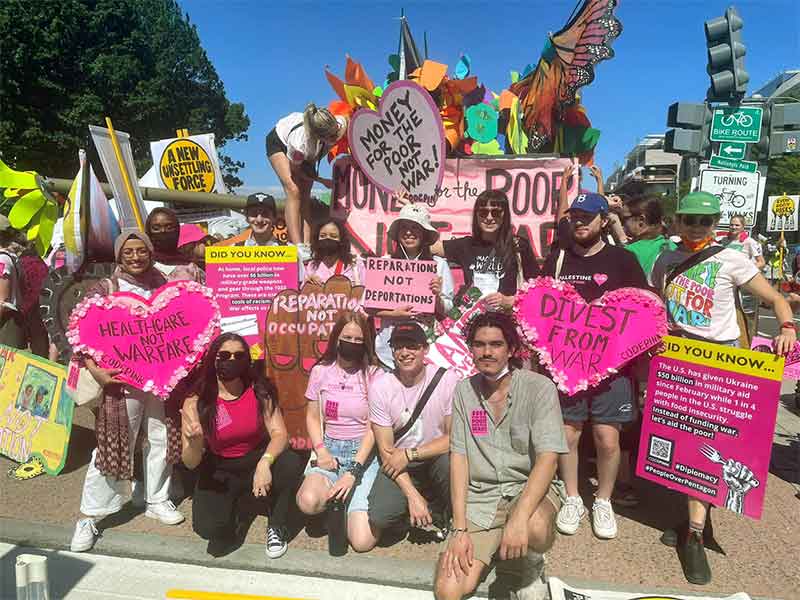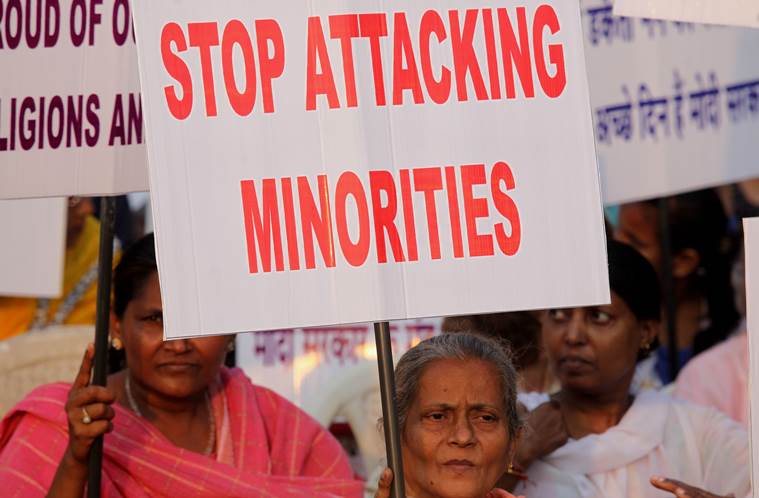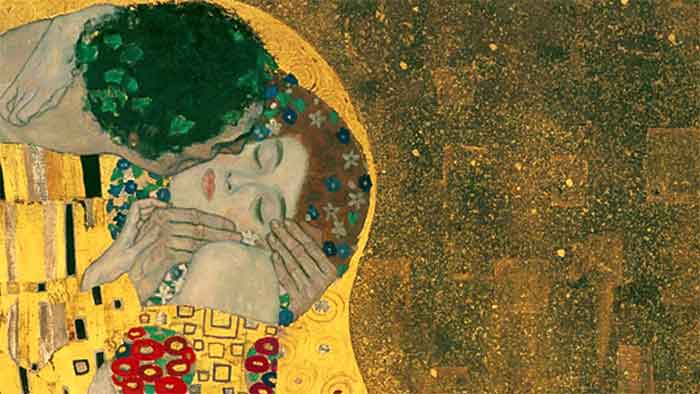
For Suda J., who lives in M’rira (Tunisia)
I dare not ask a kiss;
I dare not beg a smile;
[. . . ]
No, no, the utmost share
Of my desire, shall be
Only to kiss that air,
That lately kissed thee.
Robert Herrick, To Electra, 23.
What is it that we just love about an embrace and why do we crave a cuddle, hug or squeeze? “What’s in a [kiss]? That which we call a [kiss] / By any other name would taste as sweet,” to adapt freely from the Bard. What if, as in The Kiss by Anton Chekov, someone clasps their fragrant arms around your neck, whispers “at last!” and kisses you? What if, as in Joyce’s Ulysses, when the novel draws to the end, lost in a reverie of sorts, Molly reminisces about her love for Leopold who “kissed [her] under the Moorish wall?” What if, as Louis Armstrong would have it, we are told to give someone a kiss; “a kiss to build a dream on?” The set of questions raised here has no easy answers, at least for now. What is, however, certain is that ever since the arrival, without warning, of SARS-CoV-19, which turned everything topsy-turvy, our life has not been all roses. On the contrary,
Time turns the old days to derision,
Our loves into corpses . . . ;
And . . . death and division
Make barren our lives.
The Swinburne poem, “Dolores,” subtitled “Notre-Dame des Sept Douleurs,” says it all. The flair with which the poet presents agony and pain is grim and fearsome, to say the least. It perfectly fits our world, a shrunken one where the routine of what we thought we knew best is no more, over, and done with; in fine, kaput. If life before SARS-CoV-19 arrived stands at one end, at the other stands life after its advent. If the claim is true, it is by no means surprising because we suddenly found ourselves in desperate hunger to put our arms around all those we love dearly. We also long for a loved one to draw us to them while their heart pounds like crazy. I still remember how, not so long ago, a close friend of mine stuck her cheeks against mine while sending out an altogether absurd sound of a smacking kiss. I also recall how upon hearing about the virus, I limited myself to a quick peck on the cheeks of another friend, who, on her way to Paris, asked me to blow her a kiss after we said good-bye, which I did without hesitation. After she left, I sat next to a disheveled red-haired young woman who had a lost look in her eyes, as if they heralded in a new era. “Odd times,” she said conversationally. “True, very true,” I retorted hesitantly. For a fleeting moment, I discovered that she, too, had to kiss her beau good-bye. “We may give kissing up for lost,” she said in a lonesome voice I found hard to comprehend at the time. Later, I realized that she was right. “We may be lost to all finer feelings,” I mumbled to myself as I walked to my car. Only then, did it dawn on me that we were in trouble. For the kiss of death was upon us. “It will soon forbid parting kisses, love kisses, kisses of peace,” I added in a whisper.
The thing we all call a “kiss” is so codified, so complex, so telling, depending on where you find yourself in the world. In Japan, a kiss is viewed as a long-term promise, if not a bond, one must not break. It is meant to seal a relationship between two people. It is steeped in an old solemn rite. In the Arab world where the concept of cause and effect is seldom accepted at face value, to canoodle someone (a woman in particular), especially in public, is dodgy at best. You run the risk of going to jail for such a digression. Morally, the situation is a minefield. In Southern Europe, and in France in particular, the ritual of faire la bise can be multiplied by two, three, and even four, depending on where you come from—Marseille, Lyon, or Paris respectively. The secret to success in the exercise of greeting someone special lies in not touching the cheek with your mouth—something we all knew when we were young, growing up in Provence, except for a few people (generally advanced in years) who were stubborn enough to smooch our tense cheeks whenever we greeted them. We had to find a way out of the mess by wiping out the wet offering while politely smiling for fear of offending them. Later, we realized that the act of saluting a person is imbued with values, traditions, and customs. There was even a difference between giving somebody a big kiss or a quick peck. It all fell into a certain frame of order once we knew who the person we had to greet was. And so it should. Rooted, as it is, so enduringly and palpably in the past as well as in this strange timeline we are currently living in, at this moment in history when we are experiencing living with an unsuitable micro-agent—a creature exclusively of the damned and doomed instant of its being in the world, the kiss is what kept us close until recently. Today, alas, we can only fantasize about it! And we do it at a time when the kiss itself is missing all the signifiers of fantasy. A case in point: the other day, I saw a man who appeared to be so obviously, dangerously insane, but who was also so happy to peck a woman on the cheek even though she was wearing a mask, a woman he had barely met at the post office. When I asked him why he was so elated, he told me that he had enjoyed the graze so much that he could die. “The last time I kissed a person was in February. Crazy stuff man!” he intoned. I could see that his demeanor reflected back to me the total, fragmented madness of living in a world unmoored from reality; a world that shows what happens when an infinitesimal being like a virus takes hold of our lives, feelings, and indeed, actions.
There is no good way to begin writing on the subject of the kiss. There are, depending on how you look at such a manner of greeting: caress, expression, affection, or respect, either too many ways in or no way in at all. I am not writing about the treacherous kiss, (i.e. Judas’), here. I am reflecting on the kiss of peace and love—that symbol of reconciliation and affection. I also have in mind that light touch of pressure, as of a breeze on flowers, hair, or waves on sand, froth, or bubbles on tea or milk. How natural and spontaneous it was to do all that and more not so long ago! Today, however, we limit ourselves to necking with our eyes. A gesture of love turned into one of horror. We can only give a wave with our hands or a glance with our eyes. We can no longer be generous, for to do so, we run the risk of contagion and therefore death. Still, out of sheer desperation, some of us make small gestures or sounds to greet a relative, friend or neighbor. To kiss or not to kiss, that is the question. The kiss exists because we need it desperately, as we seek to discover our reason for being. Accordingly, what does it mean to osculate someone and what does a kiss tell us about our sense of touch, sense, sensibility, sentiment, feelings, and contact? How does a caress or lack thereof affect the world as we see it today, in the throes of SARS-CoV-19, a world in which we find ourselves in a Jekyll-and-Hyde law: we must touch, we must, above all, NOT touch even the dearest people to us: our parents, children, friends, relatives, even pets. And so, we resort to relying on another sense—namely, the gaze. We kiss with our eyes. Then, with all possible caution, on mental tiptoe, so to speak, another problematic arises—viz, what do we do when the gaze of the folks who are related to us comes to rest on ours, and why we must look the other way, or why do we gaze into one another’s eyes? Can eyes touch one another, as if they were lips pressing against each another? Why do we shriek and run away from one another now, whether it be on the pavement during a walk or in the mall waiting to be served or by the elevator to go upstairs?
Ever since it became obvious that we must distance ourselves from our fellow men and women, the “kiss” has become a kind of archeological totem pole we may once and for all relegate to the waiting-room of history. If we are unable to engage in an accolade of sorts, a privilege we inherited from the Romans who called it the “basium”: courtesy kiss, we are done unless, of course, we rethink the entire question of touch, and at the same time, the meaning of the sign as well as the meaning of the world as Aristotle does in De anima where he muses on the capacity of the soul in all its scope: locomotion, nutrition, intellect, phantasia, and above all, sense perception. After all, we are social beings, aren’t we? At this time of sheer uncertainty, we find ourselves at cross-purposes between not wanting to touch anyone, even with a broom stick, and brushing past others. It is here where we discover we are once again in trouble because, just like in a classroom, not everyone follows the rules with the same rigor. For some, it goes without saying that the matter is a moot one. For others (and a fortiori since the angel of death lurks around less and less) it is fair game, we can peck one another. Not surprising then that things very quickly started to go wrong because we found out the hard way how the whole idea of greeting people on the cheek has become anathema to us. It is risky at best. But then, for how long do we sit aside and not pine for the touch of a relative, beloved, or friend? Really, we feel odd when we refuse a greeting of the kind I am considering here; this saluting which everyone seems to want regardless of the peril it brings. And it is the Real, as Lacan understood the concept, we hark back to. Still, all things considered, we do not want to be labeled unsociable, especially toward those who are close enough to feel comfortable to ask us: “A Kiss or no Kiss?” All the more reason when the question is of an oratorical nature. If we say “no” to a kiss, as we should in these trying times, we may feel guilty about turning down a person who simply wants to warmly greet us. He or she may be vexed, even hurt because of our unwillingness to partake in the ritual. If, on the other hand, we say “yes,” we run the risk of being infected with the virus—a situation no one wants to be in no matter how close the person is.
This is how I found out recently when I met my sister by accident in a shopping mall for the first time since February, 2020. I had to negotiate a way out of the custom. I greeted her with my elbow. “Don’t piss me off,” she said angrily. When I enquired what was wrong? She told me that I was “inconsiderate” towards her. I tried to explain my conduct but all my efforts were in vain. Nevertheless, there is beneath the scattered debris of my sister’s displeasure, a lurking question I must raise: How can we improve on the subject of consent if, with a gesture as banal and simple as a graze on the cheek, we mess up joyfully as I did with my sister? How can we learn to say “no” to a more serious request if we are unable to turn down a caress on the cheek? What is ironic in this new way of life is that we use the same freedom as an excuse to teach our children about the basics of compliance. We tell them: “It is your call to peck or not to peck. Actually, you can wave to him or her from a distance!” And so it goes. The hazards of kissing invite us to reflect on the best way to avoid people and therefore contamination. To do so, we should be able to formulate a “no” as well as a “yes” to a greeting without offending or being offended. It is a choice that will save us from dying, at least for now. Our current behavior is meant to keep us at bay from one another, not because we have become a kind of Lemuel Gulliver, who, at the end of Gulliver’s Travels, opts for the company of horses instead of the one made of his fellow men and women because he loses hope in them, but because we want to survive. Still, I find myself shrinking as I write down how I feel about the whole matter because my thoughts harken back to the pre-SARS-CoV-19 days when I mingled with all sorts of people but also kept a distance from them without perhaps meaning to. Already before the advent of the virus, there was this friend of mine who no longer answered the phone even though he knew fully well it was me, his friend, who was calling him, or that other friend whose heart was broken by a text message that said “I’ve decided to break up with you today. Please do not call or text me back.” Ruby and Valentino had been together for twelve years. If Instagram, which enabled them to meet, has had so much success during our confining, it is because this network managed to become a sort of food (of love): a simulation of a kiss, hug or pat on the back; in fine, a means to an end for tomorrow. “We saw people in their intimacy,” someone told me recently while speaking about his “chez-soi”: being at home (in the world), as it were, while pondering over the conversations developed by the proprietary video-telephony product called Face Time. Indeed, we experienced something similar when we entered places we never thought we would go into. As a result, we became somehow aware of our mobility or lack thereof. And then, suddenly, we find ourselves harangued about distancing before we step across the line. Lacan called this trope “desire. It can only do us good,” he intimated.
Put differently, consciously or unconsciously, our post-postmodernity had already forced us to establish more than enough elbow room between us. This is how Julia Kristeva describes the slippage: “In the pre-Covid era, we used our ineluctable smartphones as safety protocls: tools that enabled us to be socially distant from our impulses, to stand for ourselves from hand-to-hand.” True, insofar as social distancing is nothing more than a mutation that had before now taken place. It is a scary but legitimate measure. After all, we had already been keeping some distance from one another for sometime. We did it by hiding behind our cell phones, emails, and answering machines while claiming that we are post-post-modern. Of course, we quarreled with one another about the importance of this or that banning from coming closer together; we also questioned the forfeiture of our freedom to come and go or see each other when we want and as we want. Today, to move forward, we must make a conscious decision and ask ourselves whether this is the end of us. Whatever else we may appear to be doing, we realize, we are always secretly trying to protect ourselves. We lock ourselves in without knowing why or for how long. We do it in the middle of texting as well as speaking to whomever we happen to be with, if at all. In doing so, we continue, without intending, to erect barriers between us, but still, we do it with the full knowledge that life in these suspended times when, upon sending a message to someone, we notice three flickering dots wriggling about on our phone screen. They tell us that the receiver is with us, almost, since he or she has by then texted back at more or less the same time. Suddenly, the infamous dots disappear into thin air and no message comes our way. We feel let down. We may also text a person incessantly even though we may never get an answer because the person who is supposed to text us back is by now busy texting someone else. It is an infernal tower from which we are unable to escape if we wanted to. That we should distance ourselves from people and events is pretty natural. We do, however, fail to understand our stance, an utterly inhuman, not to say cruel, one. Surely, it will save us from the virus but at what cost we wonder. We avoid our fellow men and women as much as they avoid us while thinking all along that our way of doing things is vital because it shelters us from being invaded by satellites beaming messages into our homes from up there via the television, internet, cell phone, facebook, twitter, whatsup, the list goes on. This is the “miracle of the crowd” that Pierre Bourdieu eloquently spoke about when he considered heavy traffic around Place de L’Étoile in Paris as an example. He tells us that in spite of the large number of cars on the magic roundabout during rush hour, there are no collisions to speak of and this is in spite of the few skirmishes people find themselves entangled in every day. Even for someone like him, a pragmatic philosopher to boot, there is something miraculous about the bizarre times we live in. Or, to put it another way, to hold oneself at bay is not necessarily a weakening of our human relations. It is up to us to play the genius or cause trouble.
The felicitous upshot is that touching in general, and kissing in particular, has evolved into a privilege during the pandemic because the virus does not affect the affluent. To be hugged with love has become a luxury of sorts only the “happy few” can afford. How many of the rich and famous have run away to hide in their private residences on scattered islands all over the globe. On the other hand, those who live in destitute poverty can no longer afford to touch, let alone kiss one another. In fact, they have turned into good fodder for the virus. It is an odd feeling to associate touch with violence in a world where people, even the dearest, have metamorphosed into carriers of a disease bent on assaulting us, hurting us in so many ways. We are stunned by our own behavior; not so long ago, we could not imagine how someone, anyone, not touching us in all sorts of ways. All that is gone. We took for granted the love of touch, hugs, and kisses. With a sense of dread, we refused to hold someone by the hand. We also dread to think about what goes on in our minds as we stand in dread of the virus. That we recoil when someone tries to touch us one way or another: on the cheek, shoulder, elbow, back, has grown into common currency. We sit alone at home, during this pandemic, craving the presence and indeed energy of our fellow men and women. As a result, we find ourselves struggling to avoid disaster. “Touching is magic of the soul, it is healing,” someone intoned the other day. We ache badly now because we do not engage in it. We will have touch again, we know, but we wonder daily, when and how? “I miss football hugs,” Simon Hattenstone writes. “Hugging your fellow fans is an act of extraordinary, unlikely bonding.” He then goes on to explain how all accolades on the pitch and outside of it have become somehow strange because they involve a number of people who embrace one another every time a player scores for the team they root for. The hug can be moist and at times even smelly, but is still well-nigh. It is so because once given, it takes us back to our primeval nature with all the joy and passion it encompasses. Like a pack of African wild dogs kissing, bowing, and greeting one another after they catch and kill their prey, we, humans, also bond together to express our crazy hug-dance when our team—say, Real Madrid, wins. It encapsulates all signs and moods: boredom, despair, triumph, confidence, even indifference. The dance can also be an act of love, solidarity, and trust. Here again, our post-postmodernity catches up with us. “Even during pre-lockdown the football hug was in danger of disappearing,” Hattenstone adds.
VAR (the video assistant referee) has taken the spontaneity out of football: rather than hugging when our team scored, we started checking the TV screens to see if a goal really was a goal or just another shattered hope. Meanwhile, the pandemic has robbed us of the opportunity of Poznań. Indeed, common sense may dictate that we never see it again. But football being football . . . I have a sneaky feeling that when we are finally allowed back into football grounds, we may just celebrate with the most audacious, prolonged Poznań ever.
So, touch, in all settings, is important to all of us because it teases our brains and restarts our hearts. It also elevates our spirits to heights we seldom dream of. Once it happens, we feel elevated to a whole new level; a level that is good and strange and private all at once. It also feels special when we lie on the floor as we have been doing since the virus arrived, and our children take advantage of the situation. They fight, push one another, climb, dive, and crash landing on our bodies with a feeling of pure joy.
I regret to have to say that Kristeva is less optimistic than the rest of us, and for good reason. Perhaps in her assessment of the period we live in, she sees no end in sight. I also understand that her argument, although skewed at times, is as clear as daylight. Indeed, we have grown accustomed to establishing some distance from one another as well as from everything else. If, for no other reason than old age, we try to look at life itself from a distance, we may be able to redeem whatever is left of our humanity. As to love, people have not bothered to wait for self-isolation to no longer seek to meet, except on Tinder, that is. And even here, not satisfied to take cover behind our fancy screens, a formidable digital mask, we lie while inventing additional intervals like hiding behind a greeting on WhatsApp. Beforehand, we told fibs at the fair or open-air dance; we had courage to sweet-talk somebody we thought we liked; we acted as if we believed in the game of seduction at a time when everything boiled down to loyalty and testosterone. Now, even to charm one another, we must allow for distance. At times, we prevaricate so much in order to establish physical contact, knowing fully well that it really is us who are here, but the avatar we invented is embarrassed to even look at itself. I still remember a young man boasting about creating false romantic personae on Tinder so that he could succeed in attracting what he called “naïve girls.” When I asked him why he would go to so much trouble to meet the woman of his dreams, he replied: “Everyone proceeds carefully, in a more or less honest manner to get what they want. Mine is purely digital.” This turning upside down of social values is reflected in the new law of universal love. Consider the distance one must cover before drawing closer to someone. It is no longer dictated by the norms we were once accustomed to but rather by our own self-centeredness which must cross many rivers one by one if it intends to reach that other person we long to be with. And if falling in love in its present form is a mess, friendship, too, has become a matter of negotiation. We were taught from a very early age that a friend is for life. It is no longer the case. Like everyone else, I have many dear friends on Instagram with whom I must keep in touch, which means I cannot take flight from them. Still, I find myself consciously relegating them to the background of my phone thanks to a single touch of the screen, once done, promises not to reveal their messages or signs of life. In short, I am withdrawing from them without perhaps intending to do so. This is the life we live now. This is why, since we are all fully aware of the reality around us, even if we blare out against social distancing, we think it is not all that bad. All the kisses and hugs we are no longer able to give and/or receive must haunt us as long as the virus lurks about.
From one point of view this is a state of weakness, even of anxiety, which they need to escape from as quickly as possible, but they cannot. As long as the virus is around, they remain isolated, remote from their fellow men and women, and possibly even life. The end game is that even before the arrival of SARS-CoV-19 on our shores, we were successful in erecting a space where social distancing ruled the day. We did it without intending to, because, after all, it is our pot-postmodernity that has led us to this stage. The claim I am making here is pretty gloomy but true. Henceforth, maybe the mass energy conversion of our unsociability will force us to look the other way, from the inside out, so to speak. Here, I am reminded of the fox in Le Petit Prince by Antoine de Saint-Exupéry, who points out that “. . . it is very simple: one can only see rightly with the heart, the essential is invisible to the eye.” Spot-on because
“. . . love does not consist of gazing at each other, but in looking outward together in the same direction,” he adds. I find his wisdom quite telling in these difficult times. I must quote him again, and at length too, in order to make the point about love, sociability, caring, and, above all, truth:
“It is the time you have wasted for your rose that makes your rose so important.”
“What makes the desert beautiful,’ said the little prince, ‘is that somewhere it hides a well…”
“The most beautiful things in the world cannot be seen or touched, they are felt with the heart.”
“I am looking for friends. What does that mean — tame?”
“It is an act too often neglected,” said the fox. “It means to establish ties.”
“To establish ties?”
“Just that,” said the fox. “To me, you are still nothing more than a little boy who is just like a hundred thousand other little boys. And I have no need of you. And you, on your part, have no need of me. To you I am nothing more than a fox like a hundred thousand other foxes. But if you tame me, then we shall need each other. To me, you will be unique in all the world. To you, I shall be unique in all the world….”
“People have forgotten this truth,” the fox said. “But you mustn’t forget it. You become responsible forever for what you’ve tamed. You’re responsible for your rose.”
Reading Le Petit Prince may be the best therapy one can afford right now. For the virus we face every day may be compared to a low radioactive waste we cannot locate anywhere in the world because we stand at a crossroads, quite alone with it, with our backs to the wall. For the first time ever perhaps, we have the opportunity to ask ourselves about what is near us and what is far from us; what affects us and what does not affect us as a society. It may be our last chance before we are wiped from the face of the earth. We need to re-set the button, you might say. And if we can do it, all the better, because the slope of distancing will be flattened for good. Only then, will we be able to sigh with relief that the troubles we have seen are finally behind us. Let us hope that day will come and with it new beginnings will pave the way to a more equitable and just world. I personally have my doubts, but never mind me. There is a new kid in town. He or she is young, daring, optimistic, and full of determination to change the world. The person(s) I have in mind is none other than Greta Thunberg and Co. With her in the chair, we hope to rest our case for a better tomorrow.
Mustapha Marrouchi is a writer on a wide range of topics including literature, politics, cultural criticism, and Islamic issues. He is the author of half a dozen books, including Edward Said at the Limits.
SIGN UP FOR COUNTERCURRENTS DAILY NEWSLETTER

